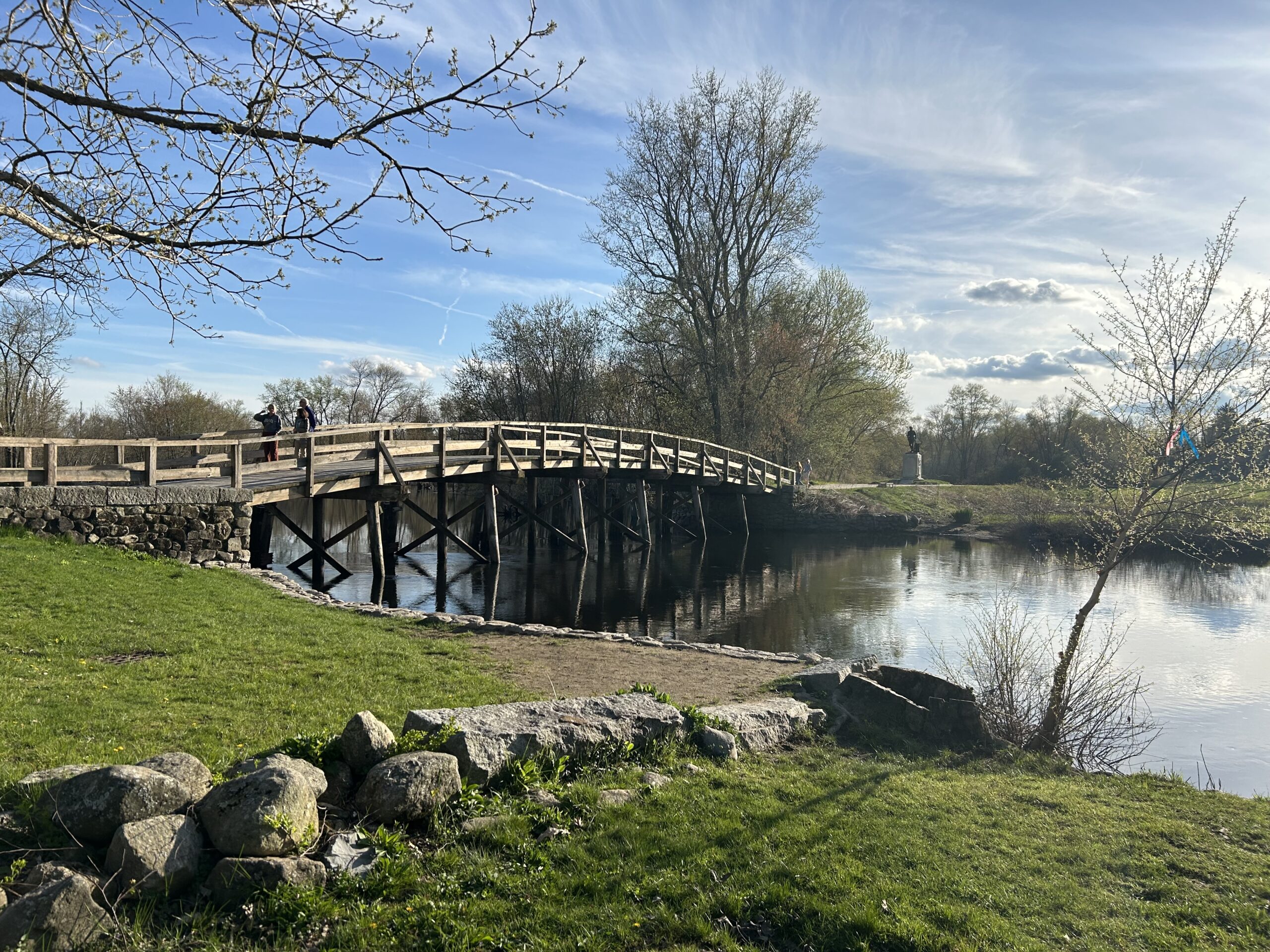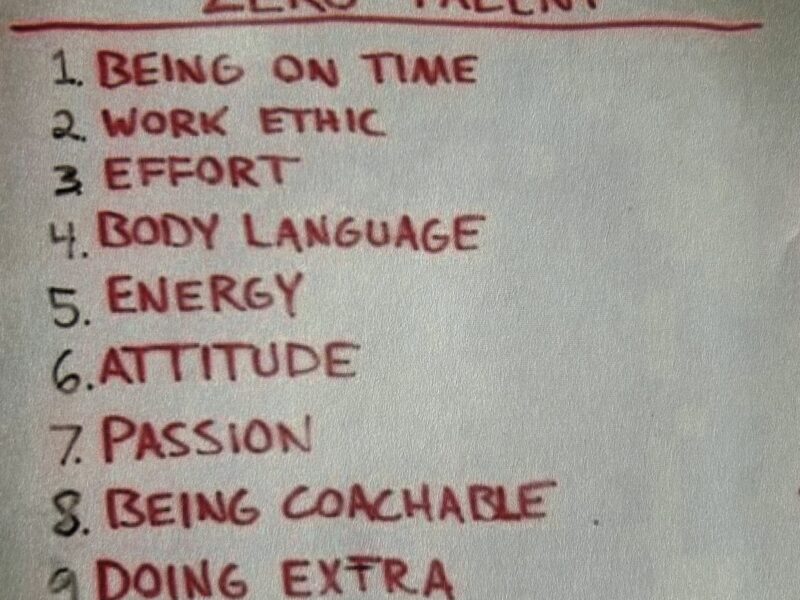
So, I’m out for a run last week in Concord, Mass when I came across this bridge. Pleasant. Iconic. Very Concord-esque. (IYKYK.) I digress…
Can’t speak for what happens in the rest of the country, but when you’re a New England school kid, you’re fed a steady patriotic diet of Concord… Lexington… Paul Revere… “The British are coming!… “one if by land, two if by sea”… “the shot heard ’round the world”… “Do your job!” (Wait, that last one is from some different Patriots that came along much later.) Even if you’re one of those kids looking out the classroom window counting the minutes until recess — I wouldn’t know… — you cannot help but internalize a lot of it via osmosis.
Anyway, over the course of my life, I’ve driven to, through, and around Concord many times. Last week I found myself staying there due to its central location for some greater-Boston appointments. So, I left my car keys on my hotel room bureau and did a lot of walking — and running — around. Do either in Concord and you can’t help but stumble constantly into all that stuff those elementary school teachers were talking about back in the day.
OK, Back to The Bridge… Cross it and you see “The Minuteman” statue.

Then it starts to dawn on you exactly what went down at this very place, on this very bridge on that very mid-April 1775 day. We’re talkin’ pre-Declaration of Independence. And we’re most definitely talkin’ “All In!” If you’re shaky on the details…

Yeah, this is all that Paul Revere stuff all in one place. Over a half-century later, Ralph Waldo Emerson memorialized it in his classic 1837 poem “Concord Hymn.”

These “embattled farmers” were also everyday people — people like you and me — choosing to take a stand. And it’s not like the British soldiers were all that different from their Colonial counterparts. Heck, they spoke the same language and shared many of the same customs and traditions. And it’s safe to say that when they left old England for their military service in this emerging new and revised replication on the other side of the Atlantic, none of them were thinking, “Hmmm, think I’ll go over to Concord and do some dying.” In fact, at the bridge there’s even a monument to them:

Drive by this scene in your car and you might well feel some appreciation. But you gotta get out of that car and move your feet to really get it. Some say that Concord possesses a bit of a superiority complex regarding its contributions to both U. S. Independence and political and philosophical thought.* (In keeping with that classic New England reserve, that complex is assumed but never expressed.) My 48 hours there left me thinking that such a feeling might just be well-deserved.
Onward, Malcolm Gauld
* Stay tuned for a follow-up post on the Concord philosophy thing.



